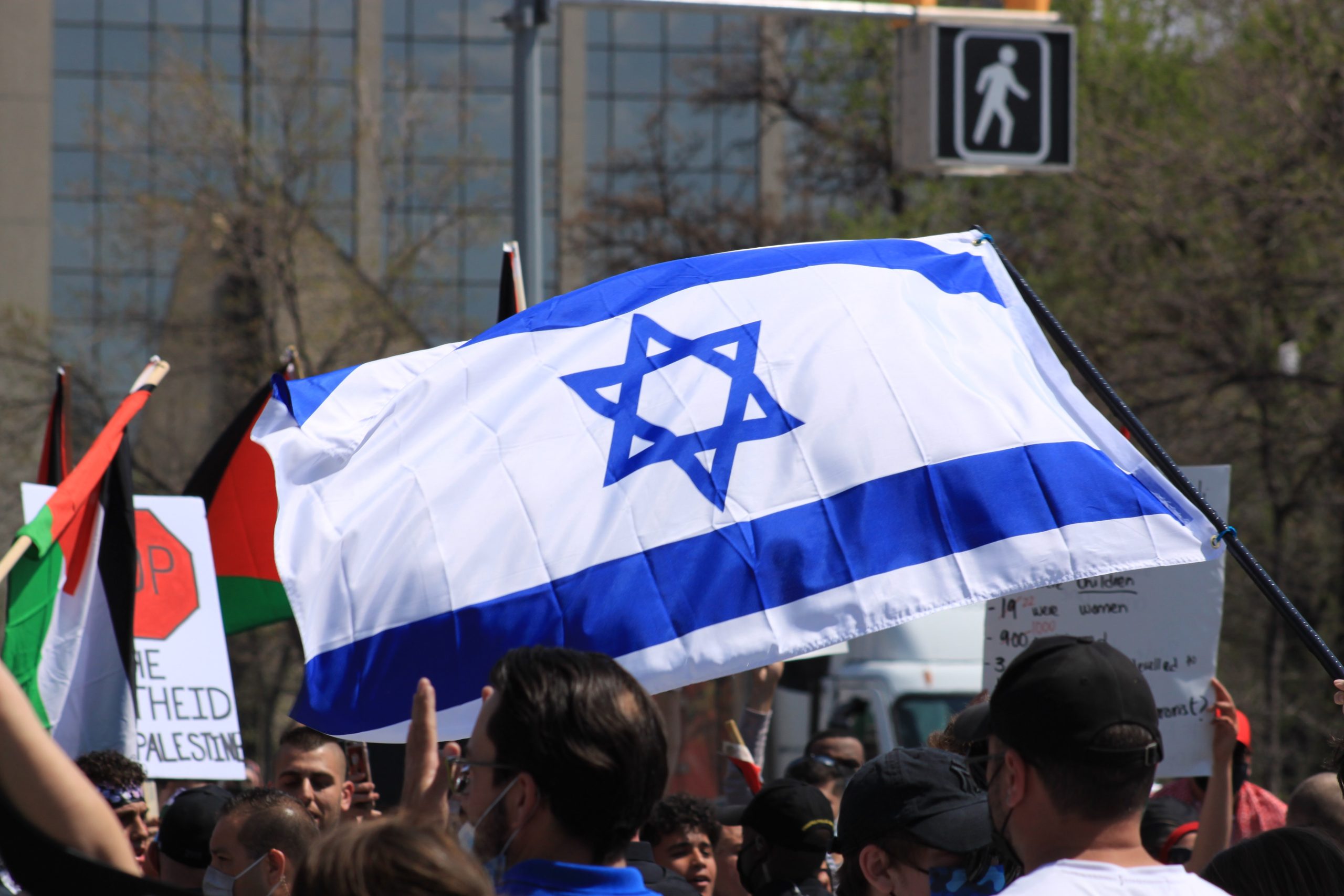
For more than three weeks, thousands of Israelis have taken to the streets in Jerusalem and across the country to protest against the government’s controversial judicial reform plan, which seeks to give lawmakers greater control over the Supreme Court.
The protests have been marked by increasing tensions between supporters and opponents of the plan, with the government insisting that the reforms are necessary to address an imbalance in authority between elected representatives and the supreme court.
However, opposition to the plan has been growing, with Israel’s own President, Isaac Herzog, warning that the country is on the verge of constitutional and social collapse. Herzog’s intervention is unusual, as the post of President is traditionally considered politically neutral. Nevertheless, his comments reflect the mounting concern among many Israelis that the judicial reform plan poses a serious threat to the country’s democratic institutions.
One group that has been notably absent from the protests is the Arab community in Israel. Despite the fact that the protest is supposed to be inclusive, many Arabs feel that the movement is only seeking to maintain a status quo that systematically oppresses Palestinians in the occupied territories as well as minorities inside Israel. Ayman Odeh, the leader of the communist and the joint list Arabic party, has called on the Arab community to participate in the fight against the government, arguing that any harm to the legal system is first and foremost a harm to the Arab society.

Despite the calls from Ayman Odeh and other leaders, the Arab community in Israel has been notably absent from the ongoing protests against the government’s judicial reform plan. Many Arabs feel that the protest movement is not addressing their daily problems, such as the violence that rages in their streets, and that the government has disregarded their concerns. They also remember how Jewish society did not join their own protests in the past.
No Arab MPs participated in the protest rally. Some preferred not to participate for political reasons, while others were simply not invited to the protest. However, the lack of Arab participation has not gone unnoticed, and many activists are calling for greater solidarity among Israelis of all backgrounds to fight against what they see as a threat to their democratic institutions.
Despite the lack of participation by the Arab community, the protests against the judicial reform plan show no signs of abating. With tensions running high and the government facing mounting opposition, it remains to be seen how the situation will be resolved. Nevertheless, it is clear that the future of Israel’s democratic institutions hangs in the balance, and that the outcome of this struggle will have profound implications for the country’s future.
